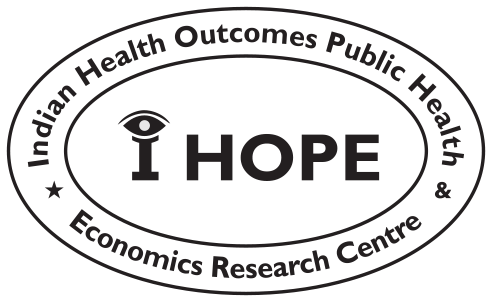Enabling Guideline Development throughInternational Collaboration
NICE provides guidance on current best practice in health and social care, including public health, to the National Health Service (NHS) in England and Wales. Read More
Knowledge Exchange Seminar Series
A collaboration between NICE International and IHOPE
NICE International provides advisory services to organisations, ministries and government agencies internationally to support the use of evidence-based decision making in health and social care systems.


